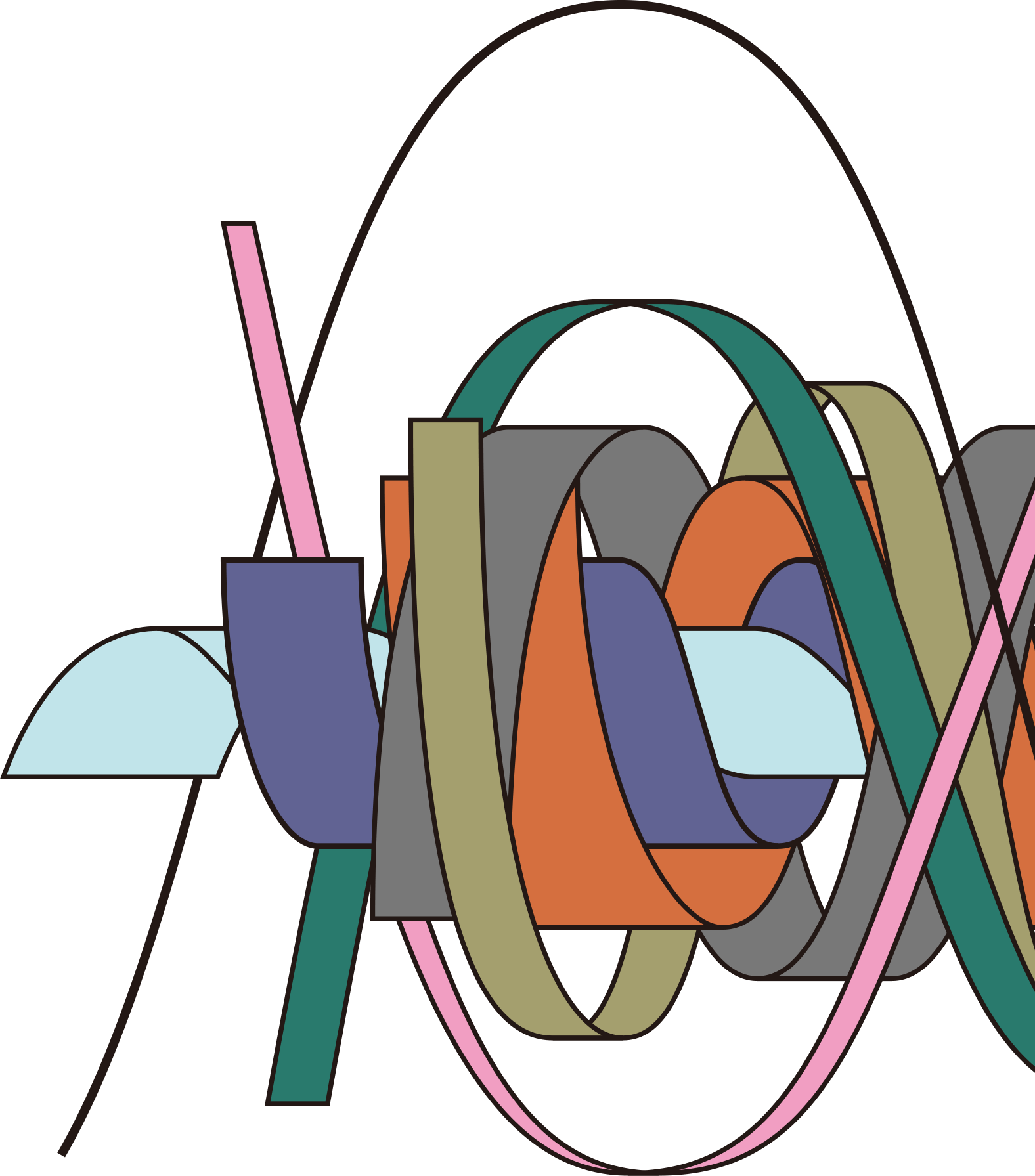Theme Session
Theme Session A
Exporting and Importing
Architecture ─
Historiography in the Age of
Global Networks
Warakuan:
Kyoto Institute of Technology Matsugasaki Campus (Main Venue)
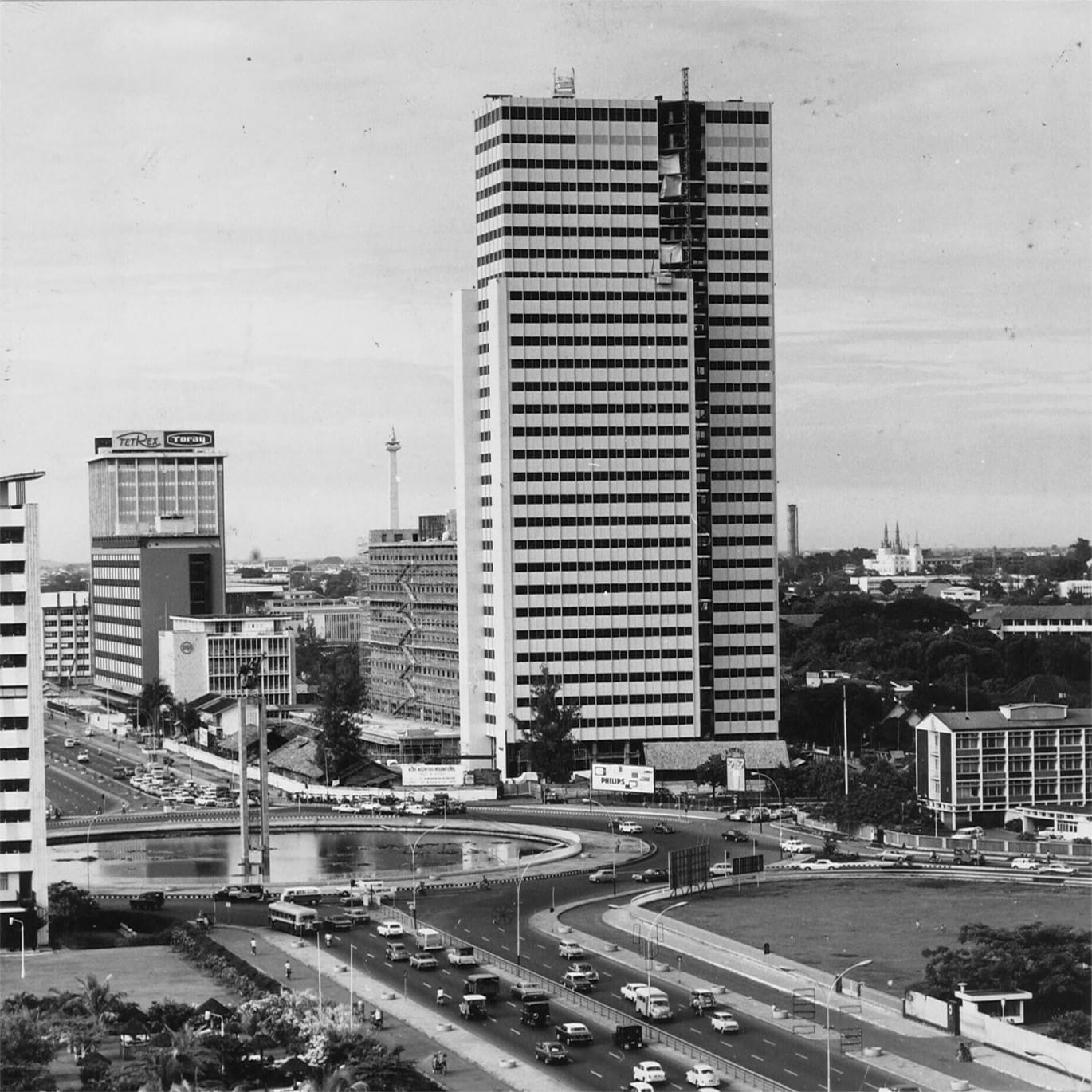 Boy Lawson, CC-BY-SA
Boy Lawson, CC-BY-SA
The session will examine how post-World War II global networks, shaped by decolonization, the Cold War, and economic globalization, have influenced architecture and urban development. While exploring how East Asian architects have contributed to global projects through international aid and economic partnerships, it will discuss the international nature of domestic architecture, such as the procurement of materials from various countries and the employment of migrant workers. Through these discussions, this session aims to portray postwar East Asian architecture and cities as products of global connections that transcend national borders.
- Speakers
-
PARK Dongmin (Dankook University, Korea)
FENG Jiang (South China University of Technology, China)
GONDO Tomoyuki (The University of Tokyo, Japan)
IWAMOTO Masaaki (Kyushu University, Japan)
STANEK Łukasz (University of Michigan, USA)
- Moderators
- HAYASHI Kengo (The University of Tokyo, Japan)
ICHIKAWA Koji (Tohoku University, Japan)
Theme Session B
Digital Lens on Historic
Architecture
Seihu-sou
In-person participants: 30 people (including speakers)
*Live streaming will be provided.
Click here if you wish to participate.
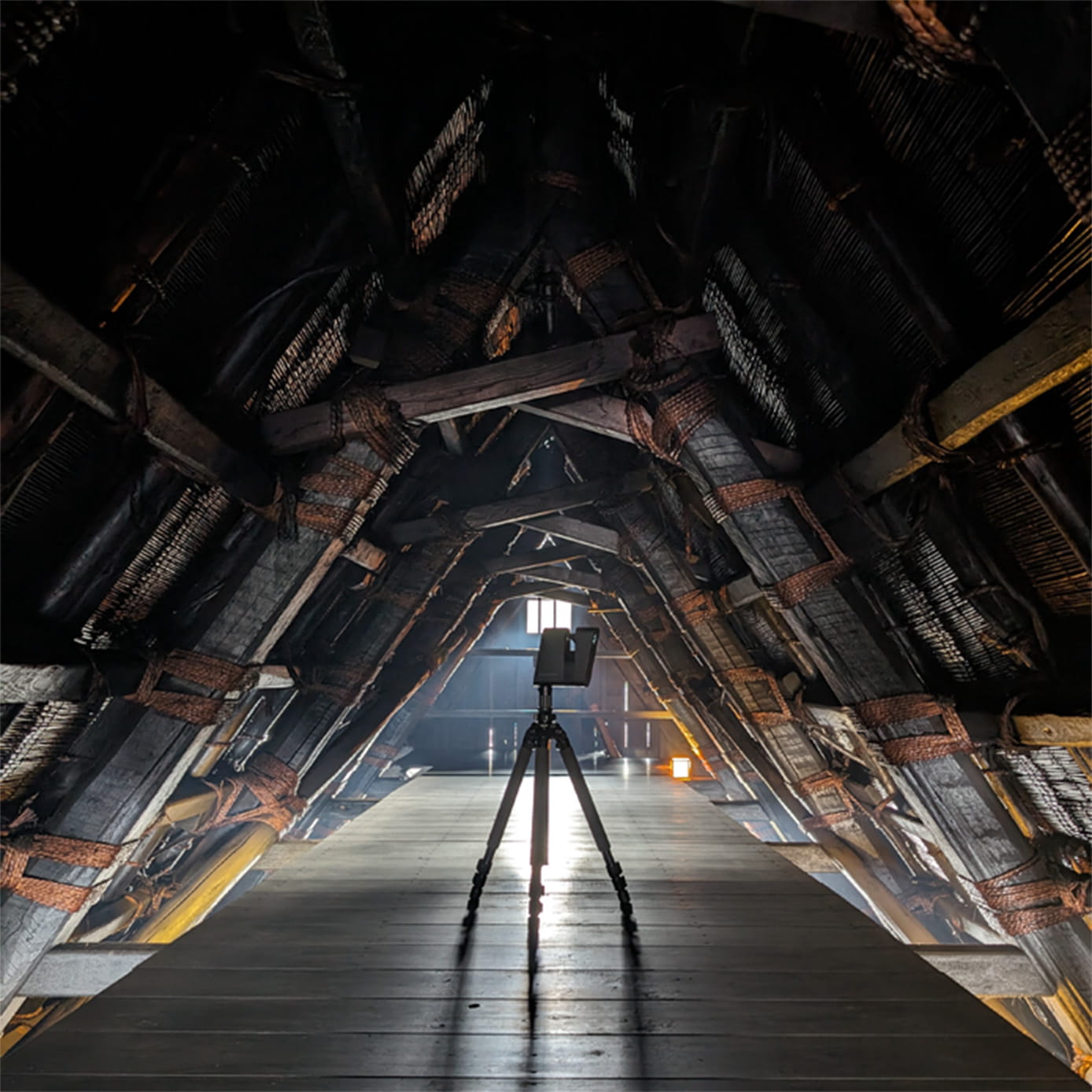
With the advent of tools such as 3D scanners, 3DCG software, 3D printers, and MEMS sensors, the methods by which we measure, model, manufacture, and monitor architecture are becoming increasingly digitalized. Across a broad spectrum of fields – from planning and design, to history and preservation, to environmental design, urban planning, and structural engineering – our perspective on architecture is undergoing significant transformation. In this session, experts from a variety of disciplines will discuss how historic buildings can be reinterpreted through the lens of these evolving digital technologies. By re-evaluating through a digital viewpoint, we expect to discover nuances and values in architecture that may have been overlooked by traditional views, unveiling new possibilities and charm.
- Speakers
- Jie-Eun HWANG (University of Seoul, Korea)
LIU Jie (Shanghai Jiao Tong University, China)
TSUDA Kazutoshi (Kyoto Institute of Technology, Japan)
BARNA-Gergely-Péter (Kyoto Institute of Technology, Japan)
HARA Rurihiko (Shizuoka University, Japan)
- Moderators
- FUKUSHIMA Yoshihiro (The University of Tokyo, Japan)
KAWASHIMA Norihisa (Meiji University, Japan)
Theme Session C
Exploring African
Architecture and Urbanism in
Eastern Asia ─ Bridging
Local and Scientific
Knowledge for Social Justice
Warakuan:
Kyoto Institute of Technology Matsugasaki Campus (Main Venue)
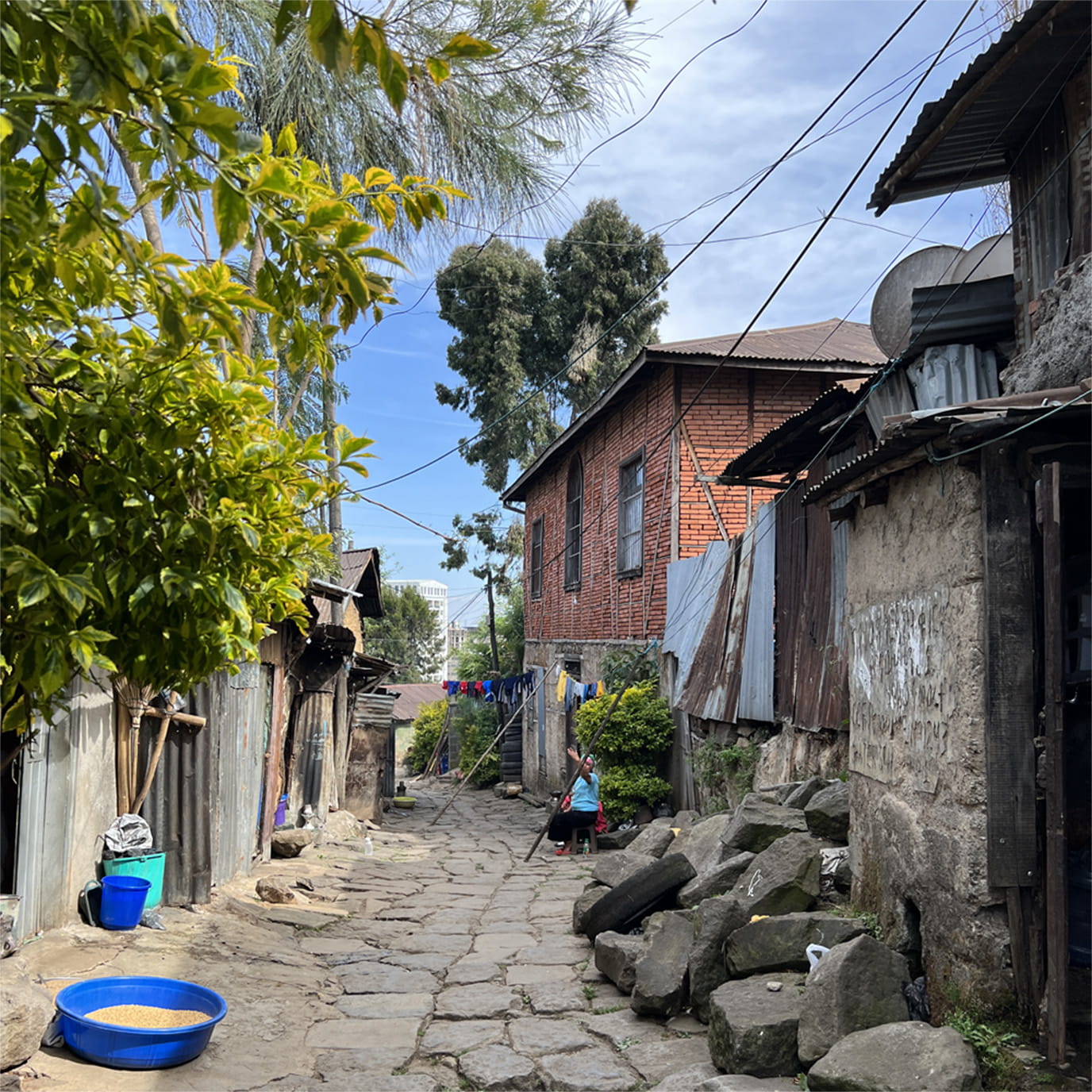
Architecture and urban research and practice in Africa emphasizes the fusion of local and scientific knowledge, aiming to solve social problems. This approach has gained recognition, exemplified by Francis Kéré, the first African architect to win the Pritzker Prize Award. This trend encompasses various fields such as design, construction, planning, and heritage preservation. In Africa, the interaction between local and scientific knowledge is pronounced, driven by social justice. This project seeks to discuss this interaction in architecture and urban spaces for social justice, fostering a learning relationship between East Asia and Africa to gain new insights into architecture and urbanism.
- Speakers
- LEE Jong-Woo (Myongji University, Korea)
TANG Wensheng (Central-South Architectural Design Institute Co.,Ltd., China)
BACHIR-CHERIF TinHinane (University of Constantine 3, Algeria)
SACKO Oussouby (Kyoto Seika University, Japan)
KASHIMURA Fumi (TERRAIN architects/Tokyo University of the Arts, Japan)
- Moderators
- ONO Haruka (Toyohashi University of Technology, Japan)
OKAZAKI Rumi (Shibaura Institute of Technology, Japan)
SHIMIZU Nobuhiro (Hokkai-Gakuen University, Japan)
Theme Session D
Expanding Architectural
Practices for the
Reconstruction of the
Foundations of Lives
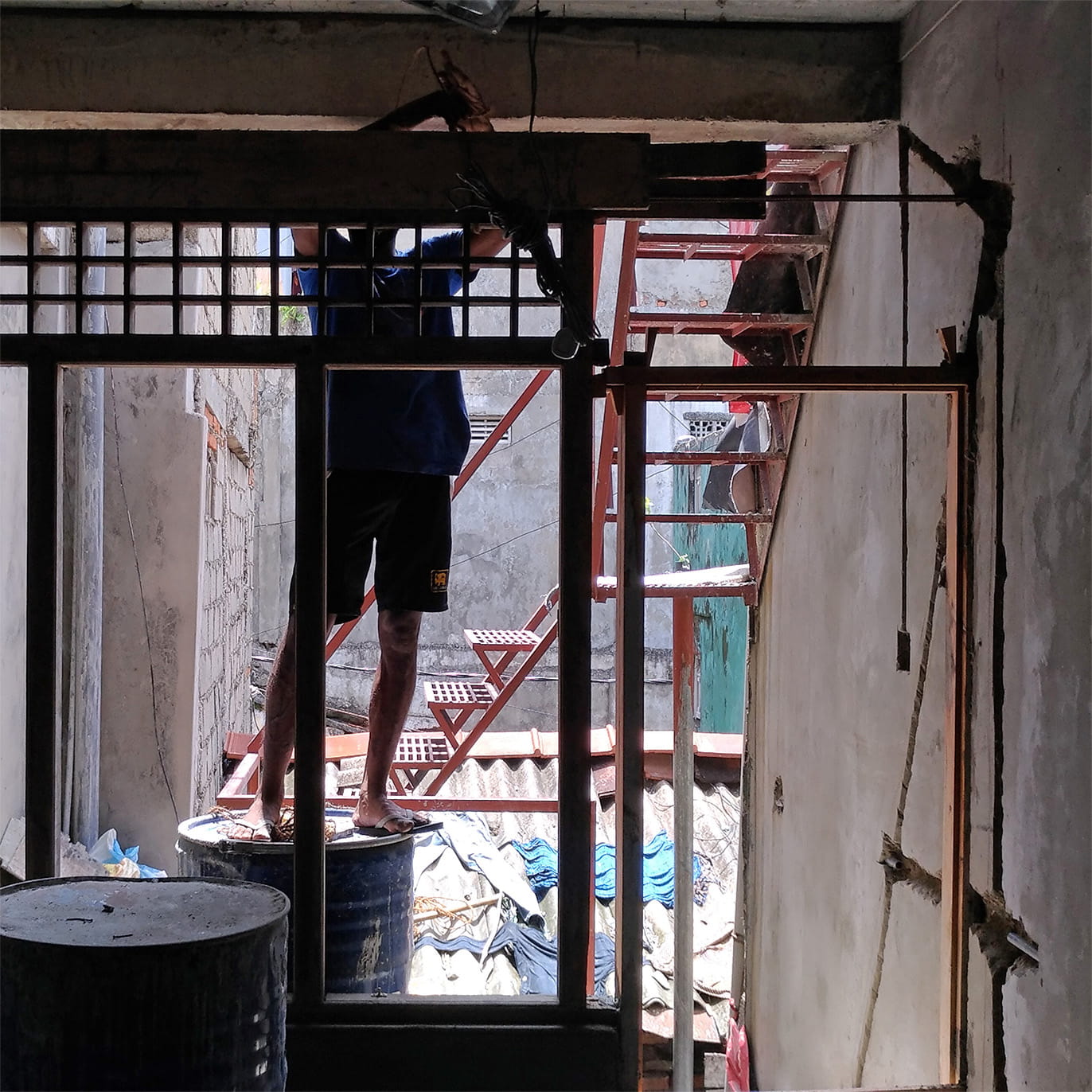
In the pursuit of stability, architecture has historically focused on creating standardized environments. However, individuals face unique challenges in areas such as parenting, education, and relationships that often diverge from these standards. Today, societal structures are changing, and traditional architectural solutions may not be sufficient. Architecture now plays a crucial role in supporting individuals as they rebuild their lives. Design must consider not just physical space, but also how people live and interact. This session aims to explore how architecture can be expanded to address these individual challenges and how it can be realized in practice, shifting roles and perspectives to meet the needs of contemporary society.
- Speakers
- CHEONG Hyeyoung (Urban Regeneration Activist Cooperative TIUM, Korea)
YE Yiqian (Beijing Institute of Architectural Design Co.,Ltd, China)
SUGITA Kazuto (Studio Third Eye, Japan)
MORIYAMA Takashi (OMUSUBI, Japan)
KRESNA Gede (Rumah Intaran, Indonesia)
GAYATRI Ayu (Rumah Intaran, Indonesia)
MOHAMED ABDUL MAHUR Zaman (Resident of the Historical Area of Colombo, Sri Lanka)
- Moderators
- YAMADA Kyota (University of Tsukuba, Japan)
EOM Sunyong (University of Tsukuba, Korea)
BAO Muping (Yamato University, China)
Theme Session E
How Can We Live with Natural
Disasters? ─ Recovery and
Resilient Society
Warakuan:
Kyoto Institute of Technology Matsugasaki Campus (Main Venue)
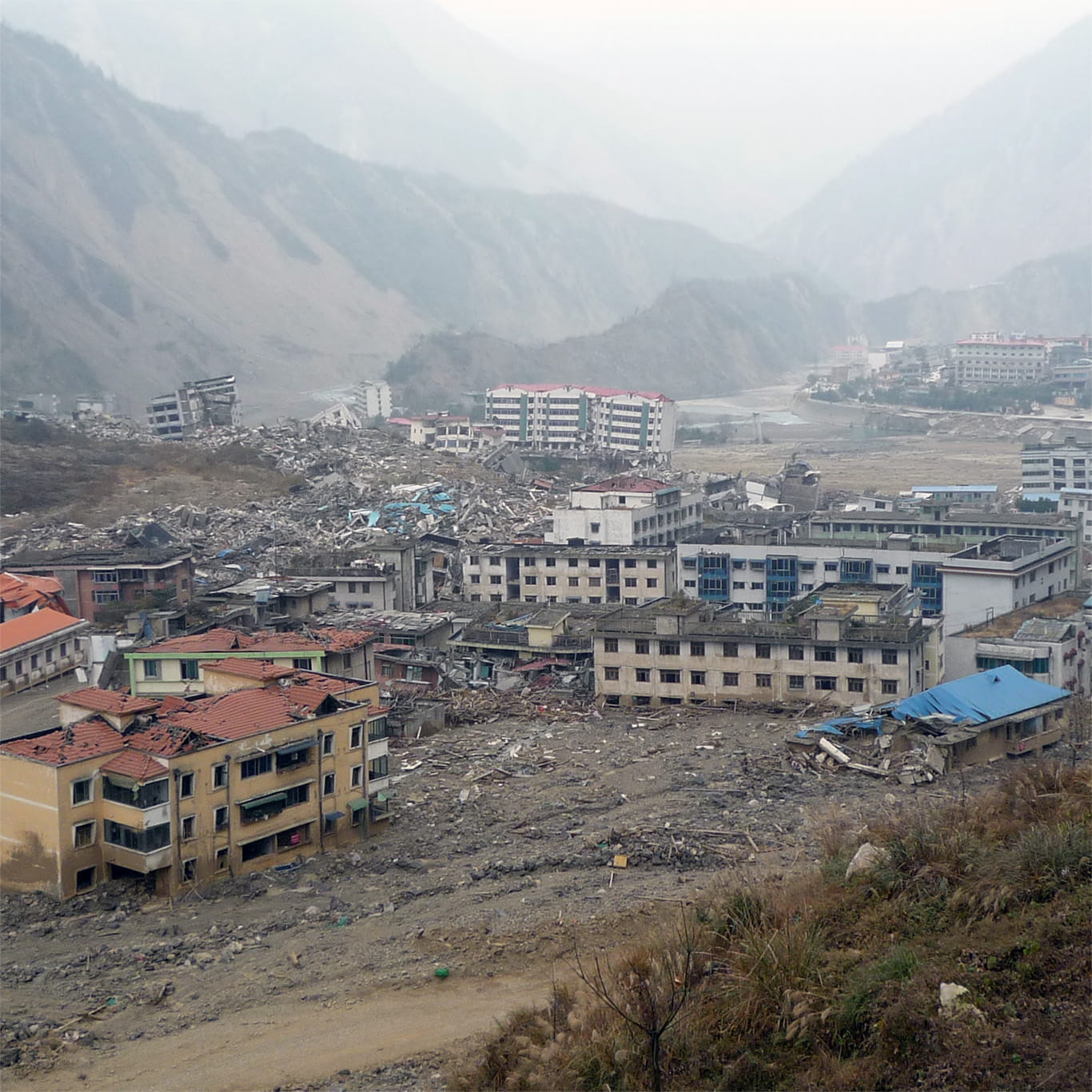
"Resilience" has become a crucial concept in disaster risk reduction efforts. Korea, China, and Japan have also faced significant earthquake events, such as the 2008 Sichuan earthquake, the 2016 Gyeongju earthquake, and the 2024 Noto earthquake disaster. Given the difficulties in preventing natural disasters, the focus is shifting to society's ability to recover and reconstruct in post-disaster. By sharing the recovery experiences of these three countries and related research, we aim to collaboratively design strategies for building resilient societies.
- Speakers
- KIM Junhee (Yonsei University, Korea)
KIM Taesoo (Hanyang University, Korea)
DENG Xuan (China Institute of Building Standard Design & Research, China)
BHATTACHARYA Yasmin (The University of Tokyo, Japan / Asian Institute of Technology, Thailand)
FUJITA Kaori (The University of Tokyo, Japan)
- Moderators
- OTSUYAMA Kensuke (The University of Tokyo, Japan)
SATO Keiichi (Senshu University, Japan)
